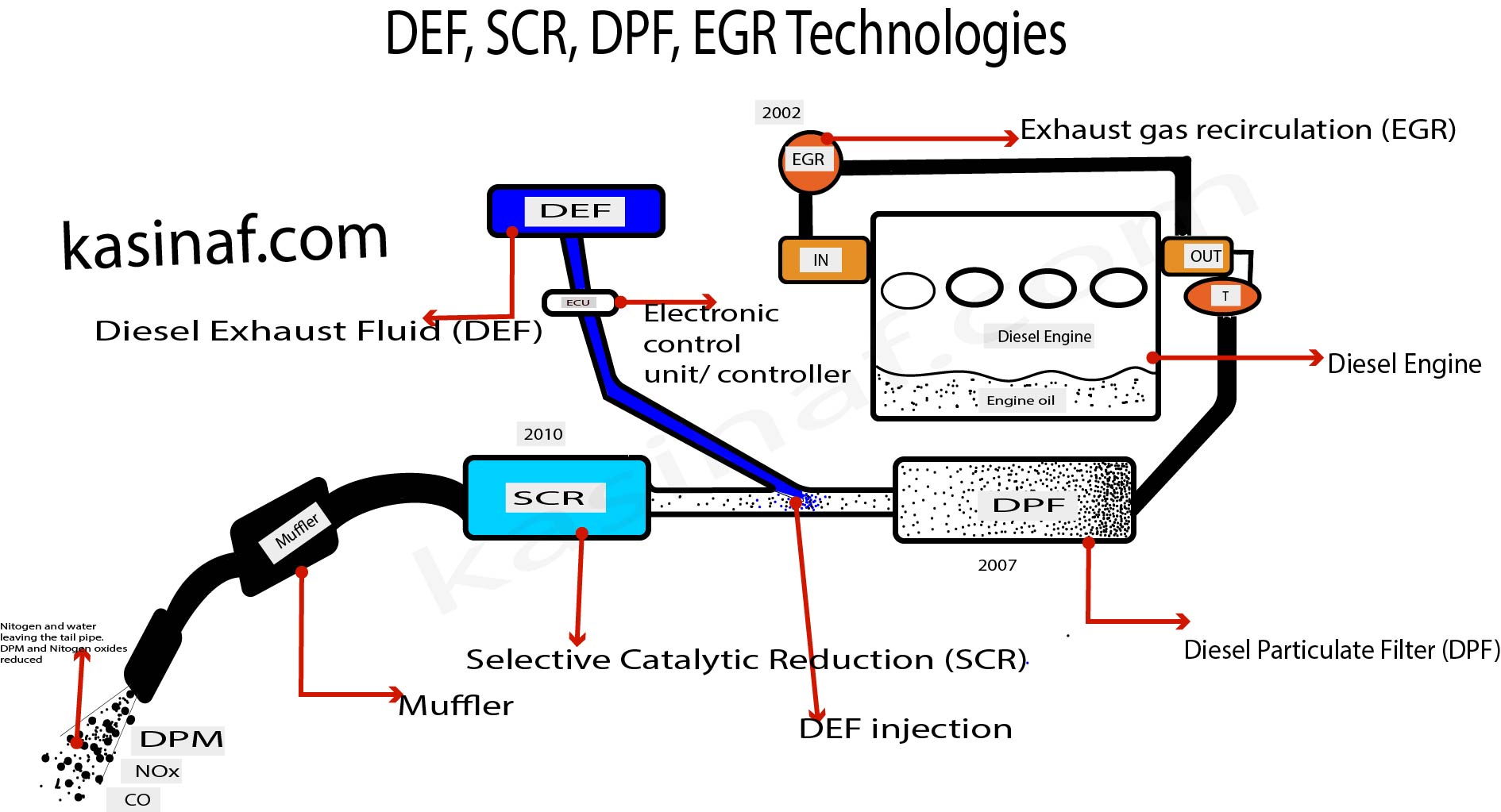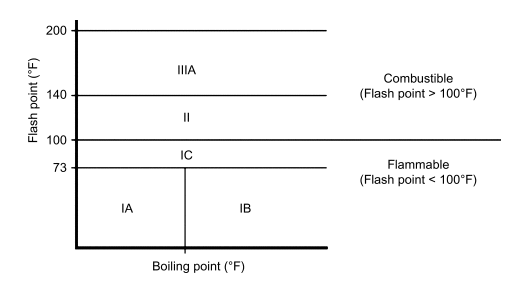
What to Do If You Detect a Gas Leak

A. Evacuation and Immediate Reporting When it comes to detecting a gas leak, especially in the case of propane, immediate action is crucial for safety. Even though propane is relatively safe, a strong gas smell is a serious matter. Follow these steps:
- No Flames or Sparks: The first and foremost action is to extinguish all flames and sources of sparks, such as cigarettes, open flames, lighters, and even electrical devices like switches, doorbells, and thermostats. These can trigger explosions or fires.
- Immediate Evacuation: If you smell propane inside your home or apartment, swiftly and safely evacuate the premises with your family. If you sense gas outdoors, exercise caution while leaving the area and be mindful of potential safety risks from vehicles or electrical equipment.
- Gas Supply Shutdown: If it is safe to do so, turn off the main gas supply valve on your propane tank. Turn the valve clockwise (to the right) to close it.
- Reporting the Leak: From a neighbor’s home or another nearby location away from the gas leak, contact your propane retailer immediately. If you cannot reach your propane retailer, call 911 or your local fire department to report the gas leak.
- Wait for Professional Assessment: Do not re-enter the building or area until a qualified service technician, your propane retailer, or an emergency responder confirms that it’s safe to do so. Before using any propane appliances, ensure that your entire system is inspected for leaks.
Gas leakage symptoms
Gas leakage can be dangerous, and it’s essential to recognize the symptoms associated with it. Some common symptoms of a gas leak include:

- Smell: Many gases used in homes, like natural gas, have an odor added to them to make leaks easier to detect. If you smell something like rotten eggs or sulfur, it could indicate a gas leak.
- Physical Symptoms: Exposure to gas leaks can lead to various physical symptoms, including:
- Headaches
- Dizziness or lightheadedness
- Nausea or vomiting
- Eye and throat irritation
- Breathing difficulties
- Fatigue or drowsiness
- Unexplained skin rashes or blisters
- Dead Plants: If a gas leak occurs outside or near vegetation, it can cause plants to die. If you notice dead or withered plants without any apparent cause, it could be a sign of a gas leak.
- Hissing or Whistling Sounds: Sometimes, gas leaks can produce a hissing or whistling sound. If you hear such sounds near a gas line or appliance, it may indicate a leak.
- Increased Gas Bills: If your gas bills suddenly spike without an obvious reason, it could be due to a gas leak. Leaking gas may lead to increased consumption, which will be reflected in your bill.
- Pilot Light Problems: If you have gas appliances with pilot lights, they may repeatedly go out. This can be a sign of a gas leak affecting the appliance.
- Feeling Unwell at Home: If you or your family members feel unwell or experience symptoms like headaches or nausea while at home, especially when the heating or appliances are running, it’s important to consider the possibility of a gas leak.
If you suspect a gas leak based on these symptoms, it’s crucial to take immediate action for your safety:
- Evacuate your home or the area where you suspect the gas leak.
- Do not use any electrical switches, appliances, or open flames.
- Do not use your cell phone or make calls from inside the affected area.
- Contact your gas provider or emergency services immediately to report the gas leak.
- Wait for professionals to arrive and handle the situation.
Gas leaks are a serious safety concern, and it’s vital to prioritize immediate response and professional assistance when you suspect one.
What does a gas leak smell like?
A gas leak, typically in the case of natural gas, often smells like rotten eggs or sulfur due to the addition of an odorant called mercaptan for easy detection. However Natural gas, which is commonly used for heating and cooking in households, is odorless and colorless in its pure form, to make it easily detectable in case of a leak, a chemical called mercaptan (also known as methanethiol) is added to natural gas. Mercaptan has a distinctive and unpleasant smell, often described as resembling rotten eggs, sulfur, or a strong, pungent odor.
The addition of mercaptan to natural gas helps people quickly identify gas leaks because the human nose is highly sensitive to even small concentrations of this odorant. If you ever smell something similar to rotten eggs in your home or near a gas appliance, it’s essential to take immediate action. A gas leak can be hazardous, as natural gas is flammable and can pose safety risks
How do I know if l’m smelling a gas leak?
If you smell a strong, unpleasant odor resembling rotten eggs or sulfur, it could indicate a gas leak. Other signs include hissing sounds near gas pipes or unusually high gas bills. Take immediate precautions, leave the area, and contact your gas company or emergency services if you suspect a gas leak.
why do I smell gas but no leak?
If you smell gas but cannot find a visible gas leak, there could be several reasons:
- Odorant Residue: Sometimes, the odor from a previous gas leak can linger, even if there is no ongoing leak.
- Ventilation Issues: Poor ventilation can trap natural gas fumes, making it seem like there’s a leak.
- Nearby Source: Nearby areas or neighbors might have a gas leak that you’re smelling.
- Other Odors: The smell may be from other sources, such as sewage, mold, or certain chemical compounds.
If you suspect gas, it’s crucial to take safety measures and contact a professional to investigate the issue.
Can a slow gas leak make you sick?
Yes, a slow gas leak can make you sick. Natural gas can displace oxygen in an enclosed space, leading to oxygen deficiency, which can cause symptoms like dizziness, headaches, nausea, fatigue, and, in severe cases, unconsciousness or death. Additionally, exposure to gas fumes over time may lead to health issues. If you suspect a gas leak, it’s important to take it seriously and seek assistance promptly.
how long can a gas leak go unnoticed
The duration a gas leak can go unnoticed depends on several factors, including the size of the leak, the location, and the sensitivity of your gas detectors or sense of smell. Small, slow leaks may go unnoticed for an extended period, even weeks or months. However, larger or more dangerous leaks may be detected sooner due to the stronger smell of the added odorant. Regular maintenance and gas detectors can help in early detection. It’s crucial to remain vigilant and take safety precautions if you suspect a gas leak.
Can a gas leak cause an explosion?
Yes, a gas leak can potentially lead to an explosion if certain conditions are met. For example, in the case of natural gas or propane, if the leaked gas accumulates in an enclosed space and reaches a flammable concentration, an ignition source (such as a spark, open flame, or electrical equipment) can trigger an explosion. Gas explosions can be highly dangerous and destructive, which is why it’s important to take gas leaks seriously and address them promptly to prevent such incidents.
Is it normal to smell a little gas near stove?
it is possible to detect a faint odor of gas when a gas stove is first lit, it is not something that should be expected or accepted as a regular part of the stove’s operation. Any noticeable gas odor, especially one that persists, should be taken seriously and investigated, as it could indicate a problem with the stove or a potential gas leak.
what can trigger a gas leak?
Gas leaks can be triggered by appliance malfunctions, damaged gas lines, improper installation, aging infrastructure, seismic activity, weather fluctuations, external factors like construction work, poor ventilation, pilot light issues, and corrosion. Gas leaks are dangerous and require prompt attention.
Who fixes a gas leak?
A gas leak should be addressed by a qualified professional, typically a licensed plumber or a technician trained to work with natural gas or propane systems. In the case of a suspected gas leak, it is important to contact your local gas utility company or emergency services immediately, as they can often provide guidance and assistance to ensure your safety. Do not attempt to fix a gas leak yourself, as it can be dangerous.











